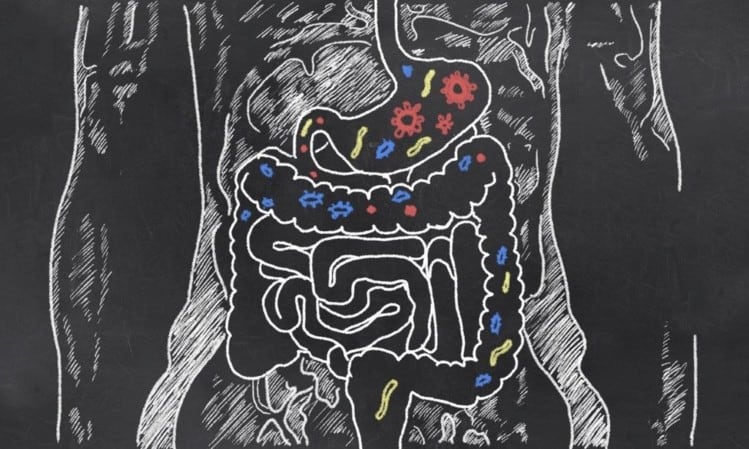Writing in Nutrition, the team note that while providing early enteral nutrition is an appropriate first strategy, this form of nutritional therapy by itself “may be suboptimal in supporting gut defences and the microbiome.”
Led by Dr Stephen A. McClave from the division of gastroenterology, hepatology, and nutrition at the University of Louisville, the team noted that strategies for providing optimal nutritional therapy have evolved over time, with the emphasis on specific directives (such as route, use of immunonutrition, high protein, organ-specific formulas, etc.), achieving variable degrees of success for improving outcomes in the intensive care unit.
“As the largest immune organ in the body comprising the largest interface between the host and the external environment, the gut can have an amplifying effect on a pattern of dysbiosis, immune dysregulation, and multiple organ failure seen in the critically ill patient,” they note.
“Conversely, maintenance of gut integrity can serve to restore a pattern of homeostasis, appropriate immune responses, symbiosis, and clinical recovery.”
McClave and colleagues warn that simply providing refined polymeric formulas as enteral nutrition “may not take full advantage of the potential for optimal outcome that could be derived by giving therapy designed to directly stimulate gut defences and support the intestinal microbiota.”
They add that a number of additional strategies or solutions, including the use of intact whole food formulas, soluble fibre, faecal microbial transplantation (FMT) or other agents to promote commensal behaviour, could help to modify modulate the gut microbiome and shift the critically ill patient toward a pattern of health and recovery.
A missed opportunity?
The team noted that in the past different issues have been emphasised in an effort to optimise nutritional therapy, with the most simplistic issue being the route of nutritional therapy – whether it be enteral nutrition (EN) or parenteral nutrition (PN).
“Although the use of EN is the most consistent strategy that would support the microbiome and maintain gut defences, the degree to which EN does so has been questioned,” they noted.
However, McClave and his team suggest that this may represent a missed opportunity to truly alter the systemic inflammatory responses seen in critical illness and restore the patient on a path to recovery.
“Failure to design a nutrition regimen that directly supports the microbiome would be expected to contribute to dysbiosis, immune dysregulation, breakdown of gut barrier defences, and a clinical picture of sepsis, multiple organ failure, and heightened mortality,” they stated.
“The current emphasis on optimal feeding does not include strategies that specifically support the gut microbiome, and as such this may represent a missed opportunity to maximise patient outcome.”
Indeed, the team suggest that provision of fermentable fibre, which supports the production of butyrate, and the addition probiotic organisms help maintain the growth of commensal bacteria in the gut. However, they add that very few clinicians currently provide probiotics.
A new approach
The authors suggest that new strategies for nutritional therapy need to focus on promoting a healthy gut microbiome – adding that early EN combined with soluble fibre and probiotic therapy helps sustain growth of commensal organisms and maintain gut barrier defences.
“Consideration should be given to use of an entirely new line of enteral products that can cause specific microbiome changes, such as those that increase butyrate, those that alter microbiome through the FXR, or those that enhance growth of specific organisms known to be beneficial,” they concluded.
Source: Nutrition
Volume 60, April 2019, Pages 100-105, doi: 10.1016/j.nut.2018.09.024
“Why do current strategies for optimal nutritional therapy neglect the microbiome?”
Authors: Stephen A.McClav, et al

